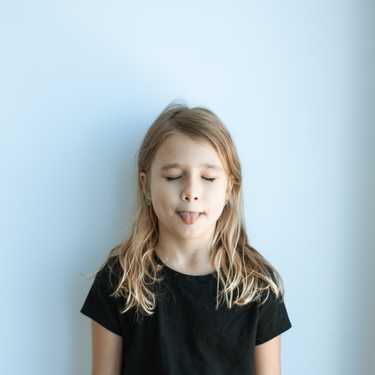It’s the first sound your child ever made, that glorious cry announcing their arrival into the world - a cry that filled you with such joy you forgot everything else but your love for them.
Now, a few years later, as you look at your child bawling their little heart out because you won’t allow them to eat dirt or because they can’t fit 20 crayons in one tiny hand, you think back to that moment in the delivery room… It sometimes feels like your child hasn’t stopped crying since!
We hear you - a child that seems to cry all the time for no apparent reason can feel overwhelming, irritating and disheartening. You look at your friends’ kids - they don’t cry at the drop of a hat. Is it your fault your child’s such a, ahem, fusspot?
Why cry?
There are many reasons why kids cry - as babies, it’s literally their only way to communicate with you. But even as they grow older and build their vocabulary along with other ways of communicating, crying still remains a key way of communication to:
- Get your attention
- Express themselves
- Convey that they need help
Additionally, their development (cognitive, socio-emotional, hormonal), emotion regulation, personality (whether they’re inherently sensitive or not) and how you respond to them crying - all contribute to why kids cry.
Crying is an important form of human communication - as adults, we cry tears of joy and sadness. Whether it’s a video of a rescued pup, a moving wedding ceremony, or a death - we shed tears, often with abandon.
So why does it bother us when our kids cry?
It’s time to find your village
They say ‘it takes a village’ to raise kids for a reason. With the GritLife App, the village comes to you.
Packed with easy-to-follow step-by-step guidance from global expertise across parenting, GritLife gets you where you want to be.
Find your village today for free:

Our society, unfortunately, can still associate crying with being ‘weak’. We want our children to be confident and well-liked individuals. If they’re thought to be ‘cry-babies’ or ‘whiners’, we’re worried they’ll be excluded from their friendship groups and become outcasts later in life.
Sometimes, we’re also guilty of going overboard pacifying them, giving in to them when they cry. At other times we go to the other extreme by reacting harshly to their perceived oversensitivity - thereby stunting their emotion regulation and development. It’s not surprising that our kids often use crying as a crutch!
Is it common though?
Crying is very common before age five, when kids reach school age and get better at moderating their emotions.
Even as they grow older, some children are genetically more sensitive than others and it’s up to us parents to moderate our own response to their crying and help nurture them.
The GritLife app can help you with that by offering advice for your child, tailored specifically for their age!



